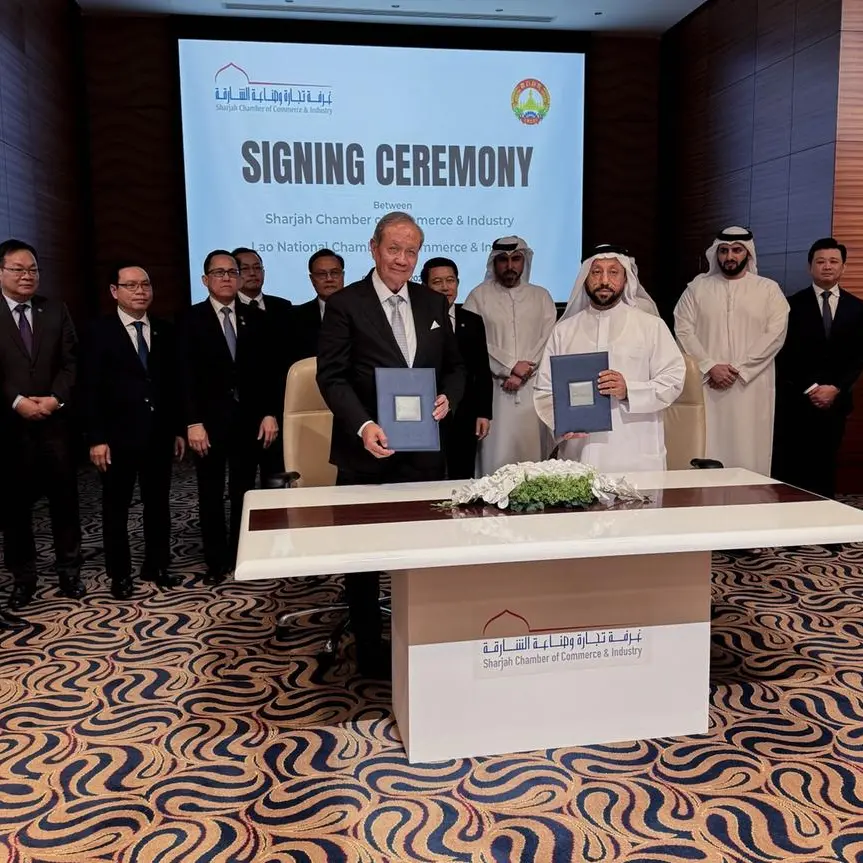A workshop focusing on Plant Biosecurity Awareness and two video clips in English and Mauritian Creole on the topic, were launched this morning by the Attorney General, Minister of Agro-Industry and Food Security, Mr Maneesh Gobin, at the Le Labourdonnais Hotel, Caudan, in Port-Louis.
The initiative is jointly organised by the Ministry of Agro-Industry and Food Security, the National Plant Protection Office and Food Security and the Food and Agriculture Organisation of the United Nations (FAO) under the Support towards operationalisation of the SADC Regional Agricultural Policy (STOSAR).
The aim is to enlist the collaboration of all parties concerned for a coordinated control and management of transboundary pests and diseases of plants and animals through a networking among plant protection authorities, border control agencies, specialists in plant health and testing laboratories, farmers, and other relevant stakeholders (airlines, shipping lines, importers, exporters, etc).
In his address on the occasion, Minister Gobin underpinned the key objective of the Plant Biosecurity awareness campaign, which is to ensure that all the frontline workers having direct contact with plants and animals, are fully aware of the biosecurity threats, risks and precautions to be taken to prevent the spread of exotic pests. He underlined the need for frontline workers including farmers, officers working in shipping lines, importers, exporters, and fisheries officers, to be continually trained on existing biosecurity protocols.
Mauritius as a small island is vulnerable and it is crucial to protect its agricultural economy and natural resources, stressed the Minister.
Mr Gobin also urged the population to take into consideration the potential consequences of importing and breeding exotic animals such as ornamental fish as they may turn into invasive species if they are let out in the ecosystem.
SADC Regional Agricultural Policy project
The SADC Regional Agricultural Policy (STOSAR) project is funded by the FAO. The project is aiming for a coordinated control and management of transboundary pests and diseases of plants and animals through a networking among plant protection authorities, veterinary authorities, specialists in plant and animal health and testing laboratories in the region.
The project also aims to enhance sharing of information and improve market access through effective control strategies of plant and animal diseases. A number of National strategies which are globally recommended and recognised are being prepared for the prevention of entry of invasive quarantine pests.
Distributed by APO Group on behalf of Republic of Mauritius.
© Press Release 2021
Disclaimer: The contents of this press release was provided from an external third party provider. This website is not responsible for, and does not control, such external content. This content is provided on an “as is” and “as available” basis and has not been edited in any way. Neither this website nor our affiliates guarantee the accuracy of or endorse the views or opinions expressed in this press release.
The press release is provided for informational purposes only. The content does not provide tax, legal or investment advice or opinion regarding the suitability, value or profitability of any particular security, portfolio or investment strategy. Neither this website nor our affiliates shall be liable for any errors or inaccuracies in the content, or for any actions taken by you in reliance thereon. You expressly agree that your use of the information within this article is at your sole risk.
To the fullest extent permitted by applicable law, this website, its parent company, its subsidiaries, its affiliates and the respective shareholders, directors, officers, employees, agents, advertisers, content providers and licensors will not be liable (jointly or severally) to you for any direct, indirect, consequential, special, incidental, punitive or exemplary damages, including without limitation, lost profits, lost savings and lost revenues, whether in negligence, tort, contract or any other theory of liability, even if the parties have been advised of the possibility or could have foreseen any such damages.



















